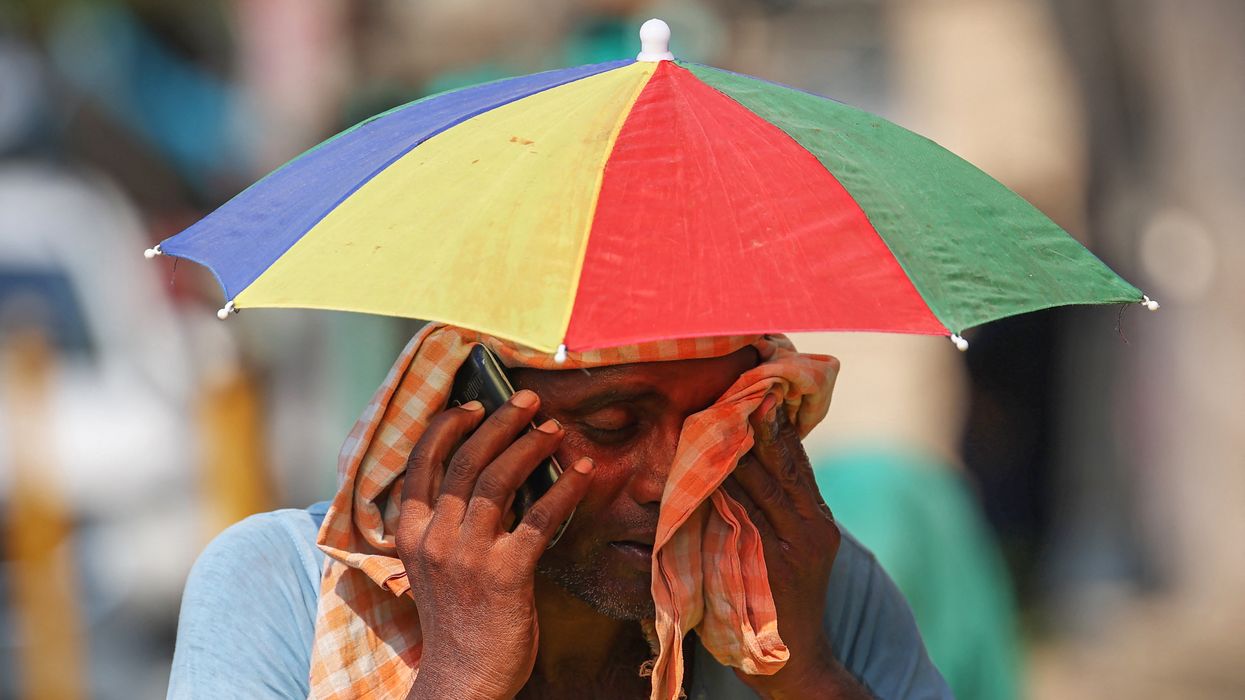INDIA can expect hotter-thanusual temperatures this summer with more heatwave days taking a toll on lives and livelihoods, the weather office warned.
The country is no stranger to scorching summers, but years of scientific research has found climate change is causing heatwaves to become longer, more frequent and more intense.
Summer in India lasts from April to June, when temperatures often soar past 45°C at the season’s peak. This year, the hot weather season will see “abovenormal” maximum temperatures over most parts of the country, the Indian Meteorological Department (IMD) said in a forecast late on Monday (31).
The number of heatwave days, when abnormally high temperatures several degrees above the long-term average are recorded, will also increase.
“Up to 10 heatwave days or even more can be expected, especially over east India”, leading to heat stress, weather bureau boss Mrutyunjay Mohapatra told reporters. India usually experiences four to seven heatwave days between April and June.
Infants, the elderly, people with health problems and outdoor workers are particularly vulnerable to hotter temperatures. The resulting heat stress can cause symptoms ranging from dizziness and headaches to organ failure and death.
City dwellers surrounded by concrete, brick and other heatabsorbing surfaces also face an elevated risk.
Prolonged periods of extreme heat can also strain infrastructure such as power grids and transportation systems. The IMD said heat action plans must be devised to address those challenges.
“This includes providing access to cooling centres, issuing heat advisories, and implementing strategies to alleviate urban heat island effects in affected areas,” it said. India sweltered through its longest-ever heatwave last year, with temperatures regularly passing 45°C.
The World Health Organization (WHO) has calculated that heat kills a minimum of half a million people every year, but warns the real figure could be up to 30 times higher.




